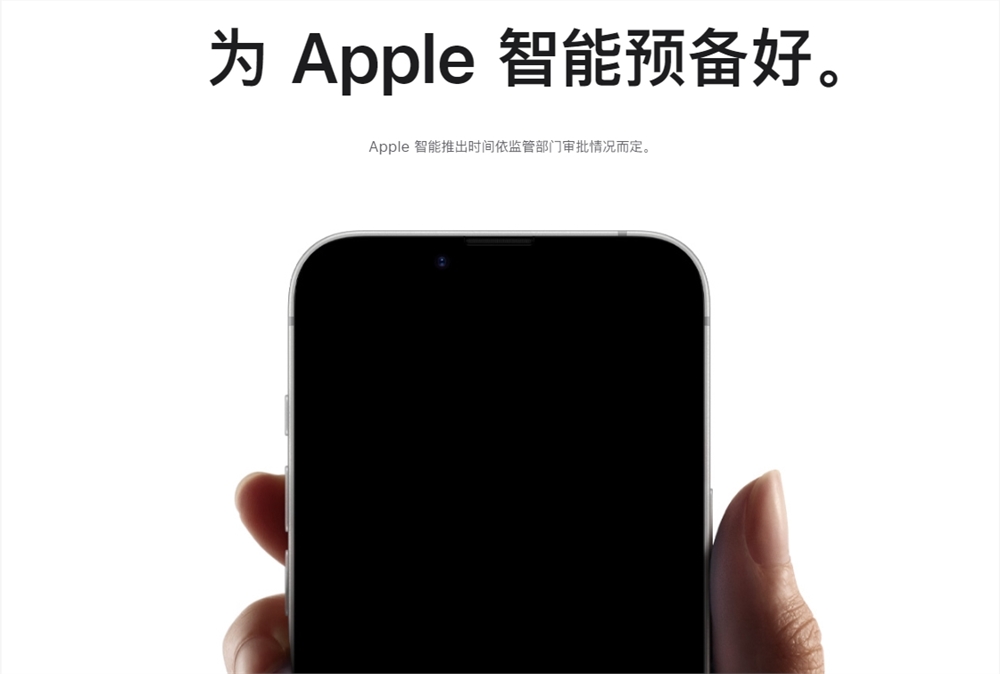Google Cloud recently released a remarkable report showcasing 601 real-world generative AI (GenAI) applications from leading global companies. This number represents a sixfold increase compared to the 101 cases shared at last year's Google Cloud Next, demonstrating the rapid advancement of generative AI from prototype to production deployment across nearly every industry.

Announced at the 2025 Google Cloud Next conference, the report covers applications from numerous well-known companies, including Uber, Samsung, Citi, Mercedes-Benz, Deutsche Bank, and Alaska Airlines. These examples highlight the growing importance of generative AI in automotive, finance, healthcare, manufacturing, media, retail, and the public sector, serving as a crucial tool for operations, creativity, and strategy.
Google categorized these applications into 11 major industry groups and 6 AI agent types. The main AI agent types include: Customer Agents (enhancing user experience through chatbots and personalized services), Employee Agents (improving internal productivity), Creative Agents (accelerating campaign design and product innovation), Code Agents (streamlining software engineering and IT workflows), Data Agents (leveraging data for analytics and decision support), and Security Agents (enhancing organizational security through AI-driven threat detection and fraud prevention). This agent-based classification shows that AI is no longer a standalone tool but an integrated part of organizational structures.
Real-world applications across various sectors are equally impressive. In the automotive industry, Ford and Mercedes-Benz have introduced AI assistants within their vehicles, providing natural language navigation and e-commerce capabilities. In financial services, Citi uses Vertex AI to enhance developer tools, while Deutsche Bank significantly reduces research report creation time with its "DB Lumina" research tool. In healthcare, Freenome is developing AI-powered early cancer detection tests, and the Mayo Clinic uses Vertex AI Search to unlock 50PB of clinical data, dramatically accelerating research access.
In manufacturing, Samsung integrates Google's Gemini AI directly into its devices, enabling AI-powered text summarization and image editing features in the Galaxy S24. The media, retail, and hospitality sectors are also leveraging AI to enhance customer engagement, with companies like Papa John's, Wendy's, and Uber utilizing AI for predictive ordering systems to improve service efficiency.
Google's core AI technologies, such as Vertex AI, Gemini models, Imagen, and Veo, power these applications. The observation is that generative AI is moving from experimentation to application in critical systems, with many solutions beginning to fuse text, images, and structured data.
Case Study Access: https://cloud.google.com/transform/101-real-world-generative-ai-use-cases-from-industry-leaders
Key Highlights:
🔍 601 generative AI applications demonstrate widespread technology adoption across various industries, a sixfold increase from last year.
💼 Clear AI agent categorization showcases AI's multifaceted roles in customer service, internal productivity, security, and more.
🚀 Real-world applications across industries highlight the significant trend of generative AI moving from experimentation to production.










